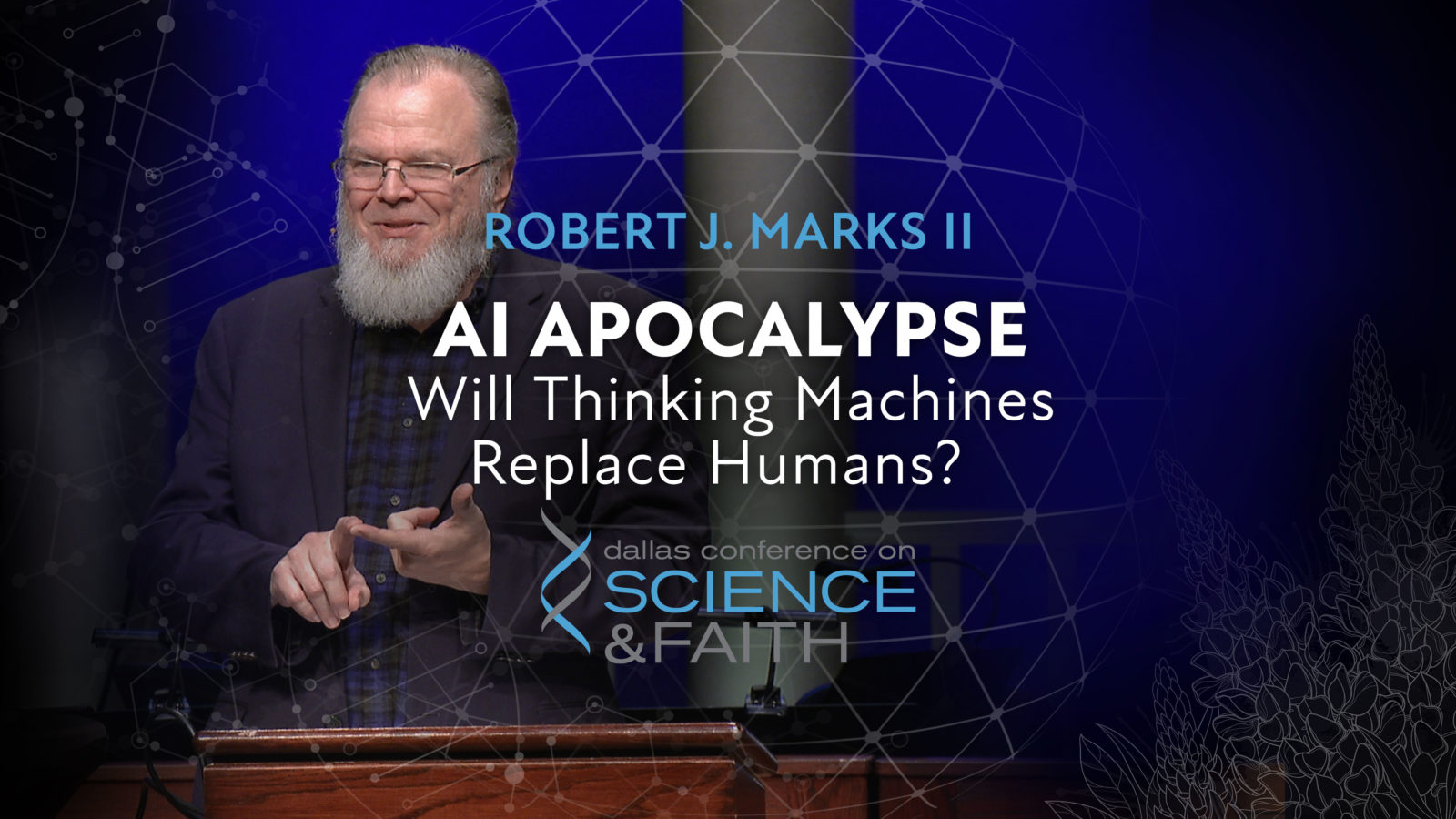


William Dembski on Information and the Mind-Body Relationship

Reception of the Original Design Inference
Mathematician and philosopher William Dembski discusses the reception of the original edition of his landmark book The Design Inference, which explored how we can detect intelligent design. A new expanded edition of the book has now been released, co-authored with computer scientist Winston Ewert. Find out more at https://www.discovery.org/b/the-desig….

The Most Thoughtful Objection to The Design Inference
Mathematician and philosopher William Dembski discusses the most thoughtful objection to the original edition of his landmark book The Design Inference, which explored how we can detect intelligent design. A new expanded edition of the book has now been released, co-authored with computer scientist Winston Ewert. Find out more at https://www.discovery.org/b/the-desig….

The Most Ridiculous Objection to The Design Inference
Mathematician and philosopher William Dembski discusses the most ridiculous objection to the original edition of his landmark book The Design Inference, which explored how we can detect intelligent design. A new expanded edition of the book has now been released, co-authored with computer scientist Winston Ewert. Find out more at https://www.discovery.org/b/the-desig….

The Design Inference
Twenty-five years ago, mathematician William Dembski unveiled a rigorous scientific method for detecting intelligent design in his book The Design Inference. Originally published by Cambridge University Press, Dembski’s landmark book sparked vigorous debate among scientists, scholars, and the public. In a dramatically expanded new edition, Dembski and co-author Winston Ewert show how Dembski’s method of design detection has stood the Read More ›

The Thesis of The Design Inference
Mathematician and philosopher William Dembski discusses the thesis of the updated and expanded edition of his landmark book The Design Inference, which explores how we can detect intelligent design in nature. The book is co-authored with computer scientist Winston Ewert. Find out more at https://www.discovery.org/b/the-desig….

AI Apocalypse
Computer engineer Robert J. Marks talks about how artificial intelligence (AI) has influenced our society as well as the hype which has surrounded AI in the last few years. This talk was presented at the 2022 Dallas Conference on Science and Faith in January 2022. Marks is author of the book Non-Computable You: What You Do that Artificial Intelligence Never Read More ›

William Dembski: Gauging the Success of Intelligent Design
